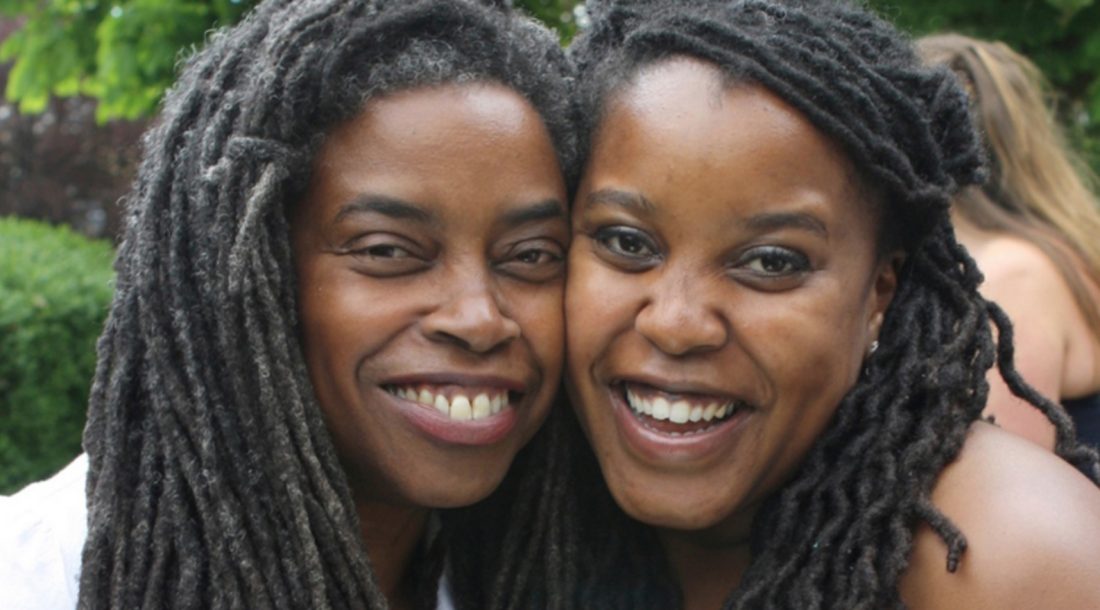As beautiful and versatile as black hair is, many see it as much more than ‘just’ hair.
Both reviled as the poster image for ‘unprofessional hair’ in a Google search and copied as cool by others, the politics of hair seems to crank up a few notches when we talk about dreadlocs.
With the increasing popularity of women who are ditching chemicals to wear their hair in its natural state, going down the dreadlocs route is an easy way to keep to this ideal in a low-maintenance way. Nowadays, women are not even limited to just one way to grow their locs as they can now choose different widths of the actual locs to suit their preference, for example, Sisterlocs.

A trundle through Google to research this story uncovered a fascinating mother and daughter conversation recorded as part of The Listening Project, an audio archive by the BBC at the British Library. Jan (mum) and Ama, both have dreadlocks, but they have never discussed the motivations behind why they decided to get the hairstyle. Their conversation gives an interesting insight into the different reasons why people decide to have dreadlocks.
It may come as no surprise that Ama’s reasons were motivated by wanting long hair. Ama said: “When I was 18 I got them and I wanted to have long hair. My hair doesn’t naturally grow long, and that was a big part of why I got dreadlocks; I saw you [her mum] and saw it was possible.”
Ama also observed that people attached huge meaning and pre-conceived notions to her locks. She said: “It changes how they interact with me, from whether it’s grandma imagining rough people in Jamaica and kind of disapproving of them to seeing mine, and that they’re small and quite nice actually. To people in the street in Hackney who see me and say “sister” or call out “mama Africa” to me, they all have an idea of me through my hair.”
Mum had very different reasons for adopting the hairstyle, for her it was a conscious decision. She visited Jamaica when she was 21 for the first time and was taken with the relaxed, calm vibe of the place. She said: “It was very Bob Marley then and the beginnings of Rastafarianism and I just equated the sun, the sea, the nature, and the whole ‘Ital’, which is the vegan’s concept of it, that you stay as natural as you can, through your diet and natural in your hair.” However, she didn’t take the plunge until she was about to turn 40. She continued: “I grew them surreptitiously as I was working as a civil servant so I grew them under a head wrap for a long time.”
The conversation touches on how other people react to their hair and how this makes them feel as well as how their hair connects with their self-identity, their appearance and their blackness.
To listen to the full conversation between Jan and Ama, click here.












